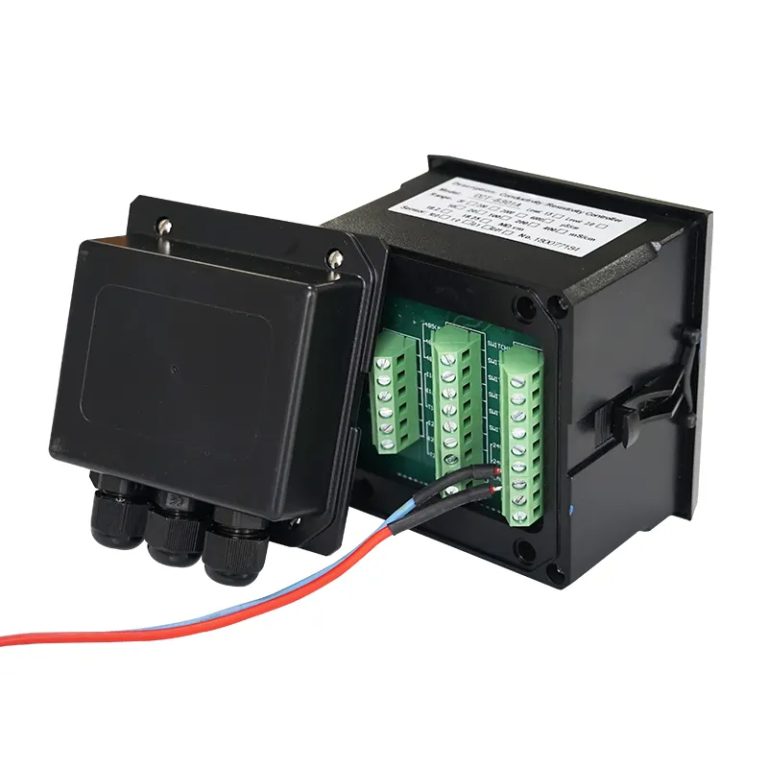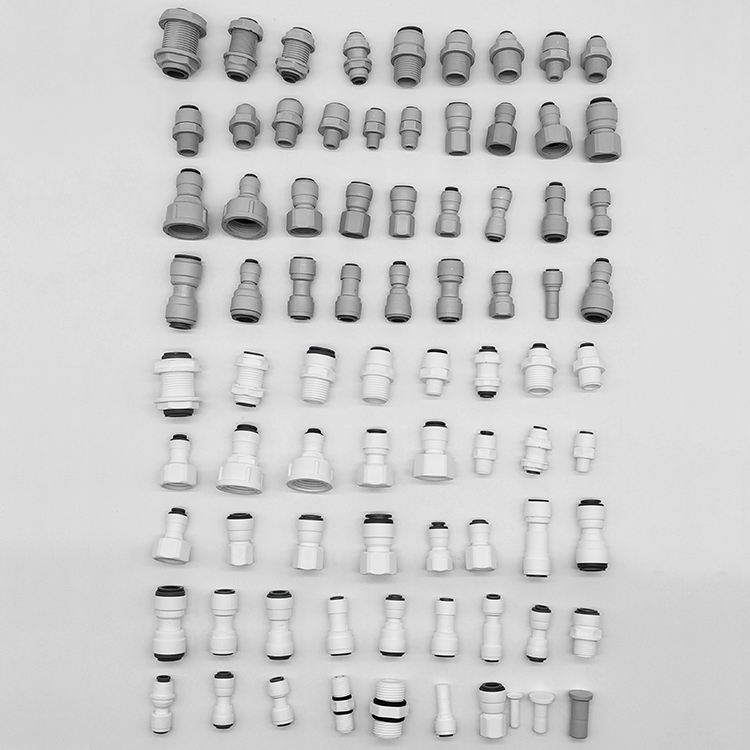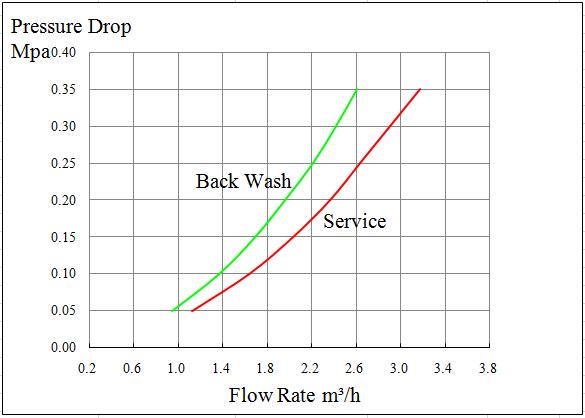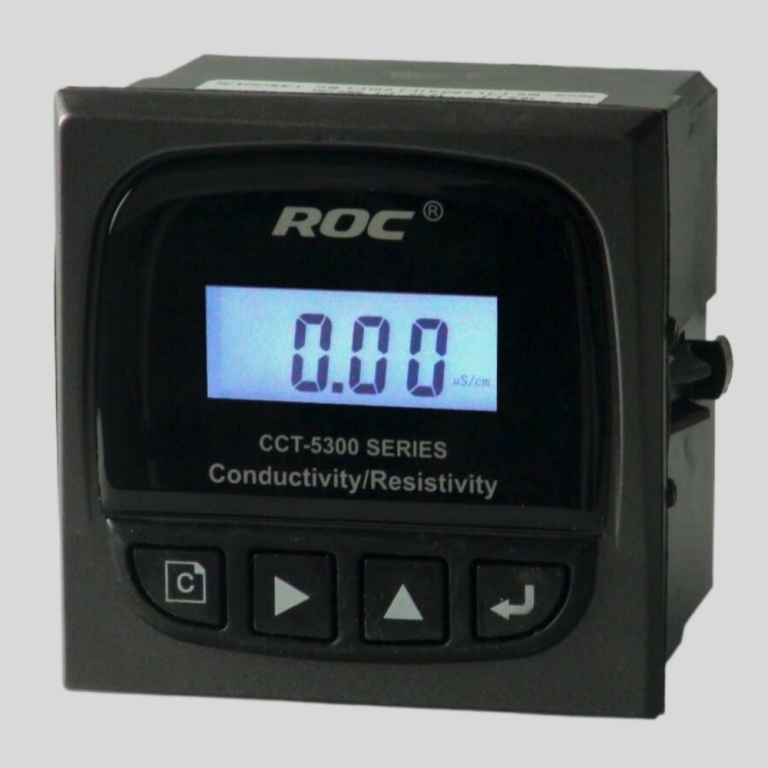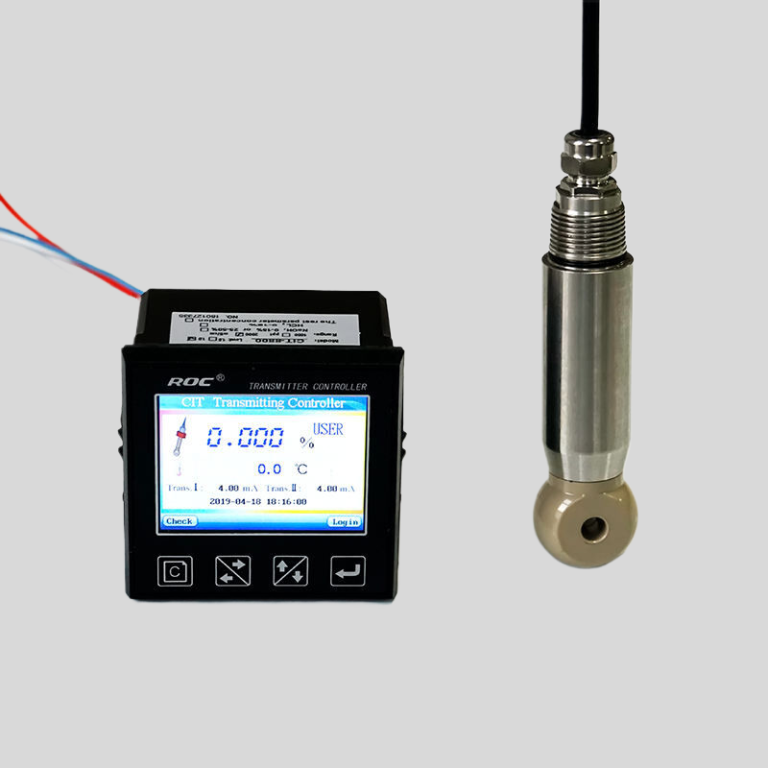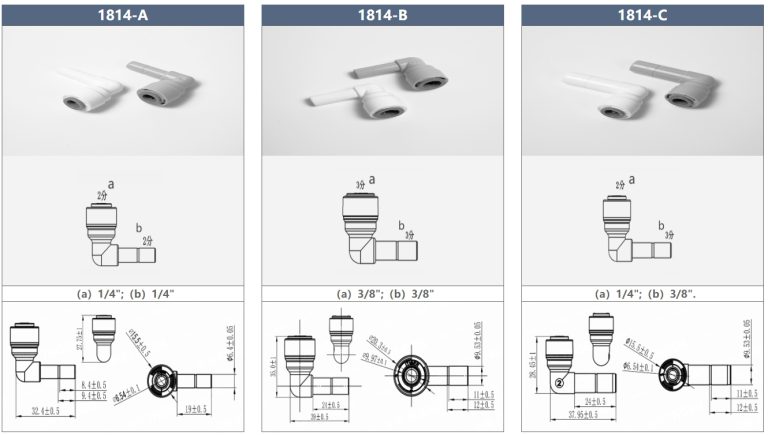Tagline: “When Functionality Falters, Trust the Experts to Fix Your Mixing Valves”
Signs of a Faulty Mixing Valve
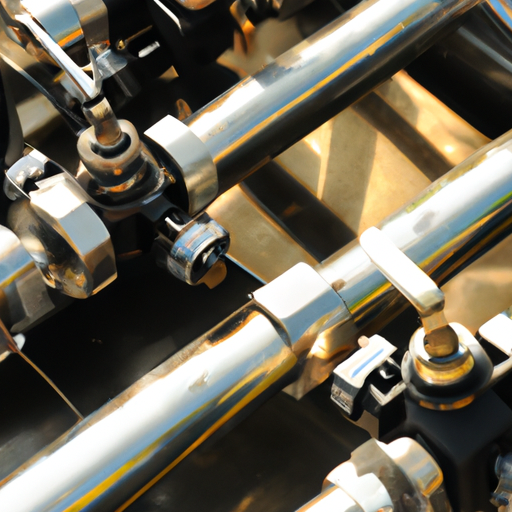
Do Mixing Valves Go Bad?
Mixing valves are an essential component of plumbing systems, responsible for regulating the temperature of water that flows through faucets and showers. Over time, like any mechanical device, mixing valves can develop faults and fail to function properly. In this article, we will explore the signs of a faulty mixing valve, helping you identify when it’s time for a replacement.
One of the most common signs of a faulty mixing valve is inconsistent water temperature. If you notice that the water coming out of your faucet or shower fluctuates between hot and cold, even when you haven’t adjusted the temperature control, it could be a clear indication that your mixing valve is malfunctioning. This inconsistency can be frustrating and uncomfortable, especially when you’re trying to enjoy a relaxing shower or wash your hands.
Another sign to look out for is a complete loss of hot water. If you turn on the hot water tap and only cold water comes out, it’s likely that your mixing valve is not allowing hot water to flow through. This can be a major inconvenience, particularly during the colder months when hot water is essential for various household tasks. It’s important to address this issue promptly to restore the functionality of your plumbing system.
Leaking is another common problem associated with faulty mixing valves. If you notice water dripping from the valve or pooling around it, it’s a clear indication that there is a leak. Leaks can occur due to worn-out seals or damaged internal components within the mixing valve. Not only can leaks waste water and increase your utility bills, but they can also cause water damage to surrounding areas if left unattended.
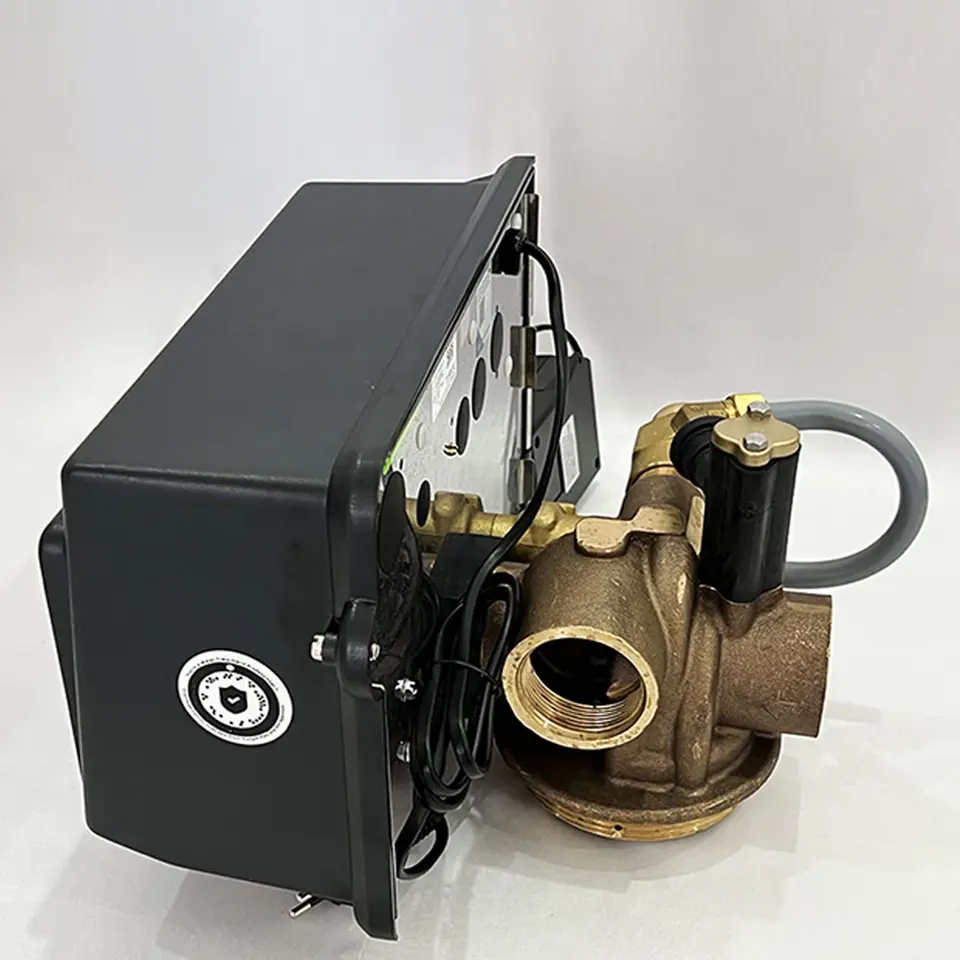
In some cases, a faulty mixing valve may produce strange noises when water is flowing through it. These noises can range from a high-pitched whistling sound to a low rumbling noise. These sounds are often caused by mineral deposits or debris that have accumulated within the valve, obstructing the flow of water. If you hear any unusual noises coming from your mixing valve, it’s advisable to have it inspected and repaired or replaced if necessary.
Additionally, if you notice reduced water pressure when using hot water, it could be a sign of a faulty mixing valve. A malfunctioning valve may restrict the flow of hot water, resulting in lower water pressure. This can make tasks such as showering or washing dishes more time-consuming and frustrating. If you experience a sudden drop in water pressure, it’s worth checking the mixing valve as a potential culprit.
In conclusion, mixing valves can indeed go bad over time. Signs of a faulty mixing valve include inconsistent water temperature, loss of hot water, leaks, strange noises, and reduced water pressure. If you notice any of these signs, it’s important to address the issue promptly to ensure the proper functioning of your plumbing system. Consulting a professional plumber can help diagnose the problem accurately and provide the necessary repairs or replacements.
| Mode | MF2 | MF2-H | MF4 | MF4-B | MF10 | AF2 & AF2-H | AF4 | AF10 |
| Regeneration mode | Manual | Automatic | ||||||
| Timer by day: 0-99days | ||||||||
| Timer by hours: 0-99hours | ||||||||
| Inlet | 3/4” | 3/4” | 1” | 1” | 2” | 1/2”, 3/4”, 1” | 1” | 2” |
| Outlet | 3/4” | 3/4” | 1” | 1” | 2” | 1/2”, 3/4”, 1” | 1” | 2” |
| Drain | 3/4” | 3/4” | 1” | 1” | 2” | 1/2”, 3/4”, 1” | 1” | 2” |
| Base | 2-1/2” | 2-1/2” | 2-1/2” | 2-1/2” | 4” | 2-1/2” | 2-1/2” | 4” |
| Riser pipe | 1.05”OD | 1.05”OD | 1.05”OD | 1.05”OD | 1.5”D-GB | 1.05”OD | 1.05”OD | 1.5”D-GB |
| Water Capacity | 2m3/h | 2m3/h | 4m3/h | 4m3/h | 10m3/h | 2m3/h | 4m3/h | 10m3/h |
| Working Pressure | 0.15-0.6MPa | |||||||
| Working Temperature | 5-50 °C | |||||||
| Power Supply | AC100-240V/50-60Hz DC12V-1.5A | |||||||

